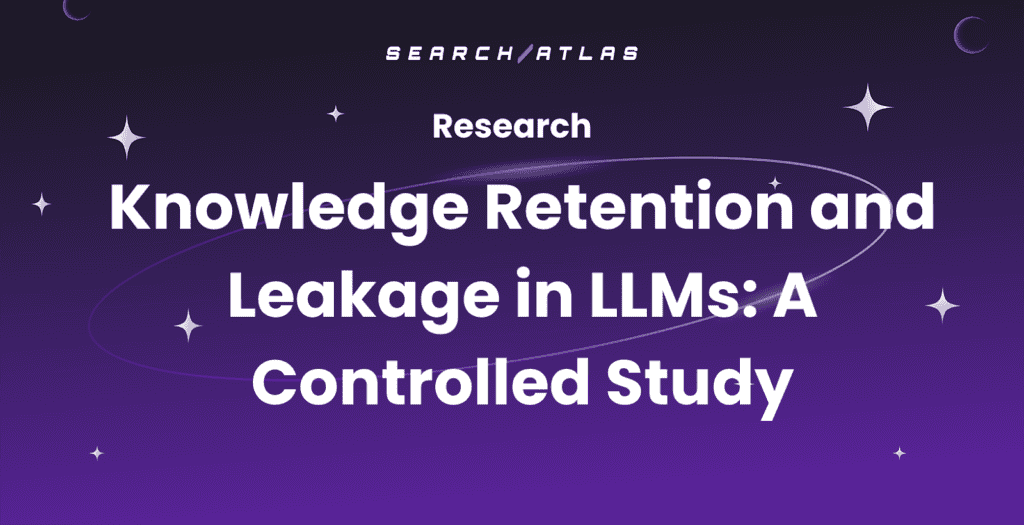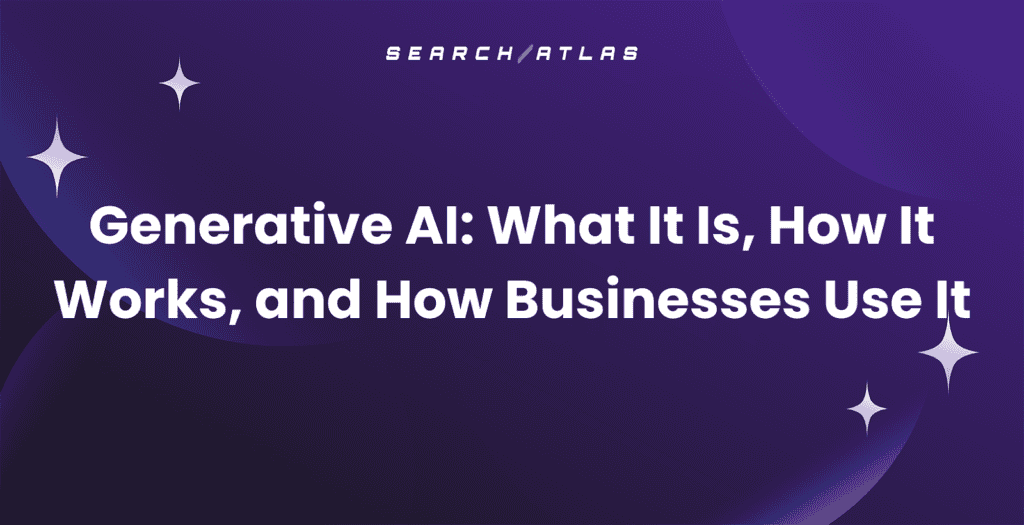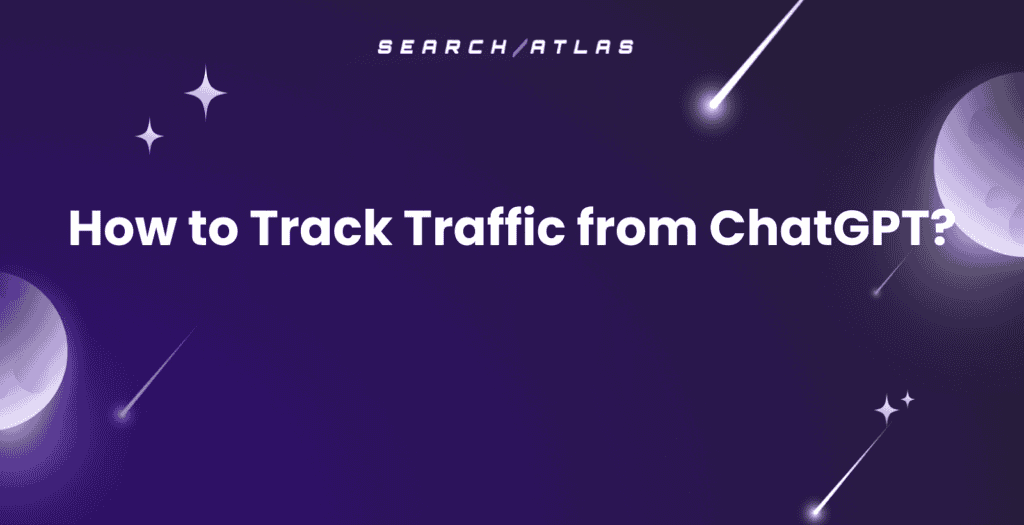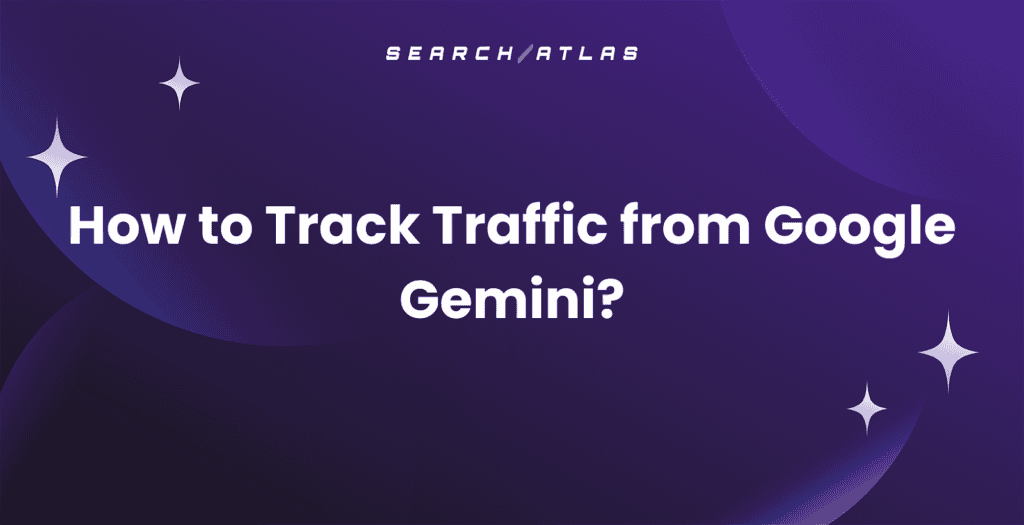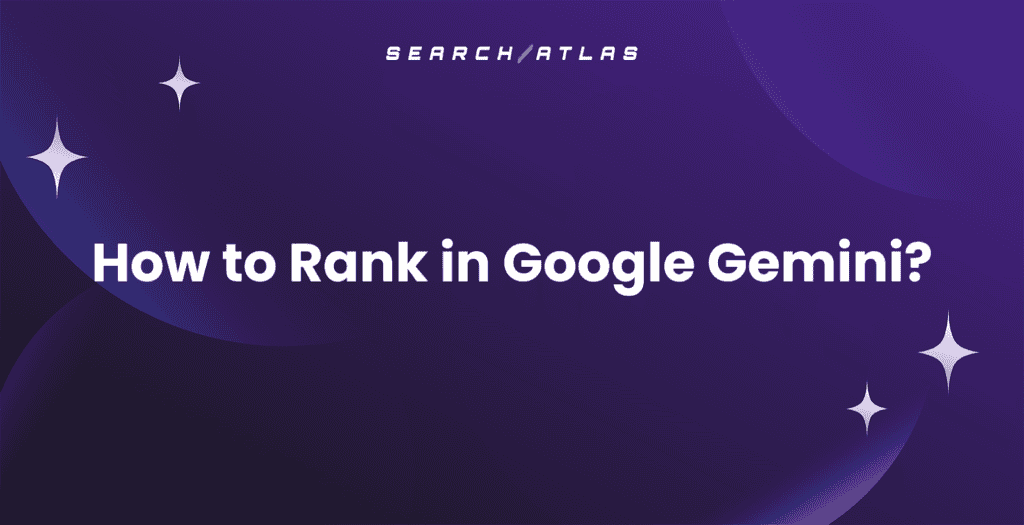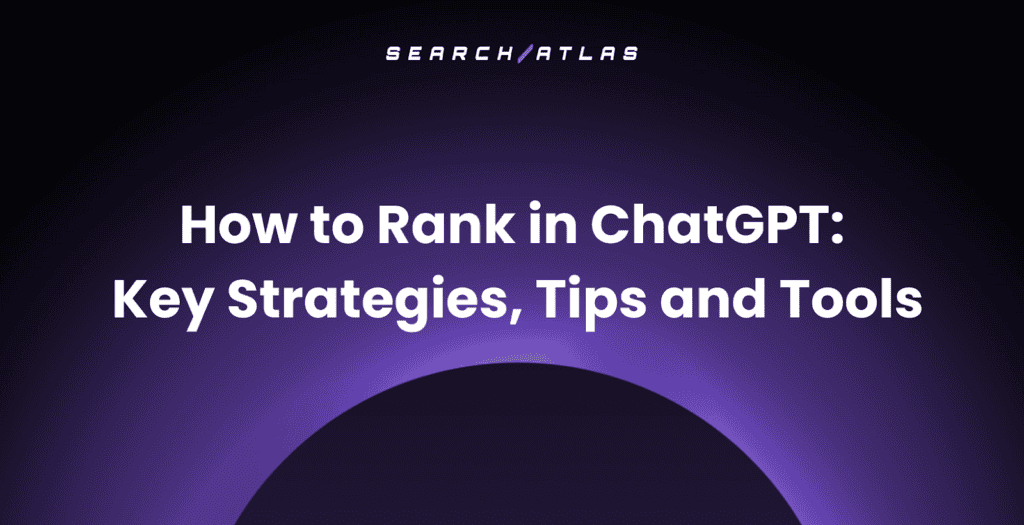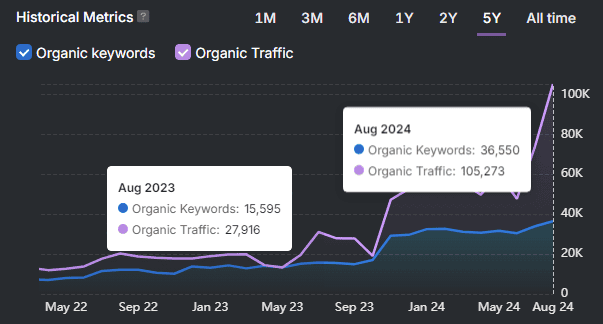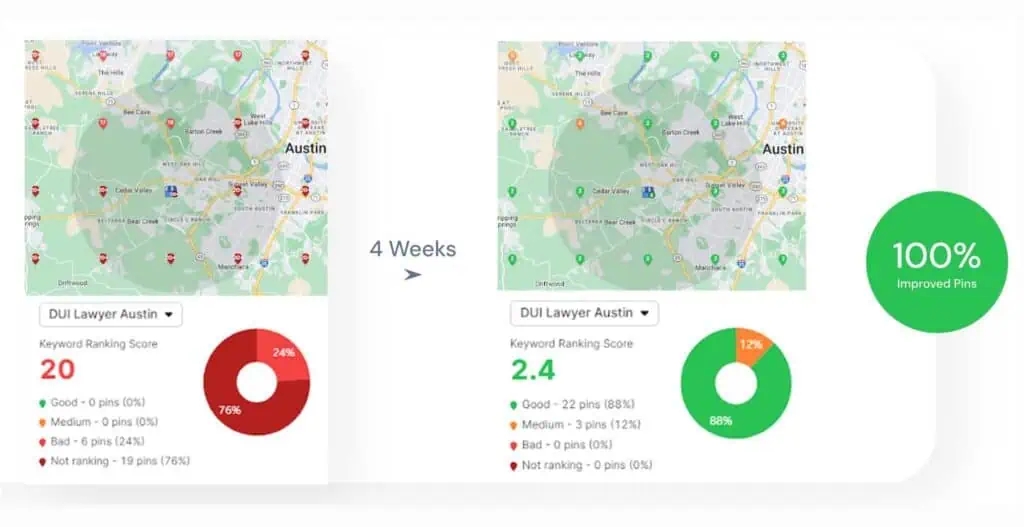In the fast-moving world of search engine optimization, professionals navigate an expanding ecosystem of tools. Each platform promises greater visibility, but few deliver cohesive strategies tailored to specific needs.
The decision between Surfer SEO vs. Yoast involves more than feature comparison. It demands clarity on purpose, scope, and how each tool supports long-term SEO execution.
Surfer SEO functions as a precision-driven content optimization platform. It delivers insights rooted in data, which guides content creation that mirrors what already ranks. Yoast SEO exists as a WordPress plugin built to manage technical SEO and on-page performance from inside the CMS.
Each one addresses different stages of SEO strategy. This analysis breaks down their core capabilities, evaluates key differences, and defines which approach fits different goals, whether as a solo solution or in combination.
What Is Surfer SEO?
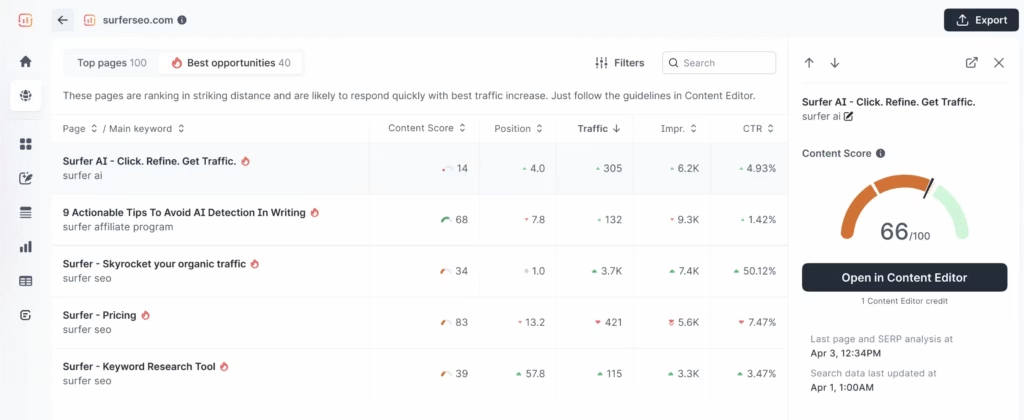
Surfer SEO operates as an advanced content optimization platform. It fundamentally reverse-engineers top-performing pages in search results. This core philosophy moves beyond guesswork.
The platform helps users understand and fulfill search intent. It ensures content is semantically relevant and structured to outperform competitors. From initial research to final on-page optimization, Surfer SEO streamlines the entire content creation process. This enables teams to produce content inherently designed to rank.
The Content Editor forms the heart of the Surfer experience. This includes content structure, optimal word count, strategic heading usage, inclusion of Natural Language Processing (NLP) terms, and internal linking opportunities.
Each recommendation connects to a measurable Content Score. This score objectively indicates how well a piece of content optimizes compared to high-ranking rivals.

What Are the Surfer SEO Popular Features?
Surfer SEO offers a feature set engineered for deep content analysis, precise optimization, and scalable strategy execution.
- Content Editor. Delivers live, data-backed recommendations during drafting. It guides word count, keyword inclusion, heading structure, image use, and flow. Every adjustment impacts the real-time Content Score.
- SERP Analyzer. Breaks down current search engine results for any keyword. It reveals competitor word counts, keyword usage, heading distribution, and backlink profiles.
- Content Audit. Evaluates existing pages against live SERP data. It uncovers missing terms, structural issues, weak internal links, and areas requiring optimization.
- Keyword Research and Content Planner. Identifies keyword opportunities and organizes them into topical clusters. The tool supports structured content planning based on search demand and user intent.
- Surfer AI. Produces full SEO-optimized articles from scratch. It draws from SERP data to shape structure, integrate keywords, and define article length.
- AI Content Humanizer. Rewrites AI-generated text for a natural tone. The tool improves flow, clarity, and detection resilience.
- Google Docs and WordPress Integration. Connects seamlessly with major content platforms. It enables writers to access insights from Surfer while drafting or editing within familiar tools.
What’s the Surfer SEO Pricing Structure?
Surfer SEO follows a tiered subscription model based on usage volume and feature access.
- Essential Plan. $99/month – 200 pages tracked, 30 articles to write and optimize, 5 AI articles, 5 user seats.
- Scale Plan. $219/month – 1000 pages tracked, 100 articles to write and optimize, 20 AI articles, 10 user seats, 100 SERPs analysis daily, onboarding call.
- Enterprise Plan. Custom pricing – custom limits with API access, white-labeling, SEO advisory, and rank tracker.
What Is Yoast SEO?
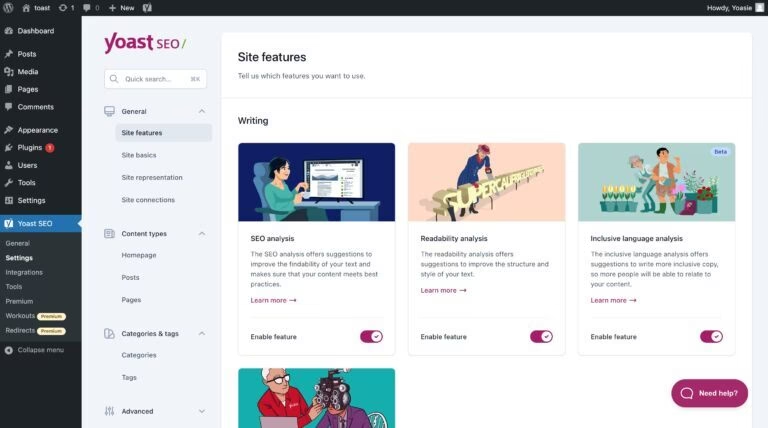
Yoast SEO is a WordPress plugin. It earns wide recognition for making search engine optimization accessible and manageable directly within the WordPress dashboard. It serves as a comprehensive tool. It guides users through the complexities of on-page and technical SEO, which transforms daunting tasks into intuitive steps.
The plugin centralizes various SEO functionalities. It effectively eliminates the need for multiple disparate tools for WordPress users. Yoast SEO covers everything, which includes optimizing meta titles and descriptions, implementing schema markup, and generating XML sitemaps.
Yoast SEO fits naturally into the content workflow. A guided setup simplifies the configuration process, while a user-friendly interface ensures fast adoption. From independent bloggers to enterprise teams, users rely on Yoast to maintain a clean technical foundation for content visibility and search engine compliance.
What Are the Yoast SEO Popular Features?
Yoast SEO includes a robust set of tools engineered to support comprehensive on-page and technical SEO within WordPress.
- Content and Readability Analysis. Evaluates focus keyphrase usage, placement, and density while scoring readability through sentence length, passive voice, and transition word checks. A traffic light system guides optimization in real time.
- XML Sitemap Generation. Generates and updates XML sitemaps automatically, ensuring effective discovery and indexing of all essential pages by search engines.
- Meta Title and Description Control. Customizes SEO titles and meta descriptions for every page and post. A snippet preview displays how the content appears in search results.
- Schema Markup Automation. Adds structured data automatically to help search engines interpret page content. This structured output improves the chances of achieving rich results for content types like FAQs and how-to guides.
- Social Media Preview Management. Enables preview and customization of how posts appear on major social platforms. This functionality encourages stronger branding and social engagement.
- Canonical URL Implementation. Adds canonical tags by default to avoid duplicate content issues and consolidate ranking signals across similar URLs.
- Premium-Only Features. Unlocks several advanced tools, such as internal linking, redirect manager, and more.
What’s the Yoast SEO Pricing Structure?
Yoast SEO offers a highly competitive freemium model, which provides a robust free version and several paid tiers designed to scale with user needs.
- Free Plan. Keyword optimization, readability checks, and basic SEO settings.
- Premium Plan. $99/year — Includes advanced keyword support (up to 5 keyword variations), smart internal linking, automatic redirects, and AI-powered suggestions.
- Plugin Plan. $229/year — Adds specialized plugins for WooCommerce SEO, local SEO, video SEO, and news content.
Surfer SEO vs. Yoast SEO: Choosing Your SEO Power Duo (or Solo Act)
Both Surfer SEO and Yoast SEO deliver impactful SEO capabilities, but each tackles a different side of the optimization equation. A direct comparison across their core strengths reveals how they fit into distinct roles—and how they work together or independently depending on your SEO goals.
1. Core Purpose and Philosophy
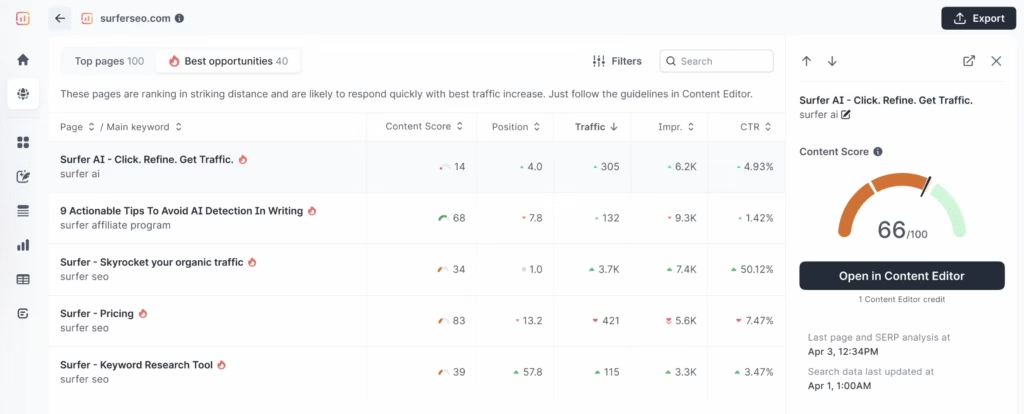
Surfer SEO exists to help content outperform competitors in organic search. It achieves this by performing a deep analysis of live SERP data. It then translates that data into a precise blueprint for content structure and optimization.
For every keyword you target, the platform delivers data-backed guidelines for word count, semantic terms, headings, and even image usage. This process removes guesswork and replaces it with competitive intelligence.
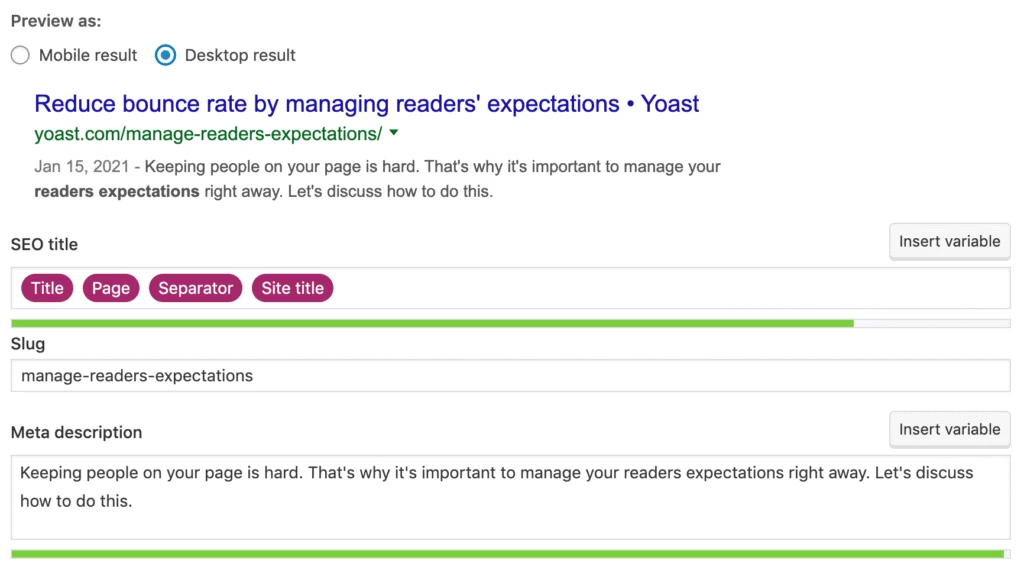
The core philosophy of Yoast SEO makes technical and on-page SEO accessible and actionable for WordPress users. It simplifies complex SEO concepts into user-friendly recommendations.
This ensures your site adheres to the best practices for crawlability, indexability, and overall content quality, including readability. Yoast acts as an SEO guardian within WordPress, which ensures your site establishes a solid foundation ready for search engines.
Neither one takes the edge for purpose and philosophy
Surfer SEO is strong for data-driven ranking strategy; Yoast SEO for foundational best practices. Surfer provides the competitive blueprint for content itself. Yoast ensures the WordPress environment optimizes to present that content effectively.
2. Key Feature Set and Strengths
The Surfer SEO strength lies in its analytical depth for content. The Content Editor provides granular, data-backed insights for word count, keywords, headings, and NLP terms. This directly maps to SERP competitor performance.
The SERP Analyzer offers unparalleled competitive breakdowns, detailing what on-page factors top-ranking pages employ. The Content Audit and Content Planner features provide strategic roadmaps for optimizing existing content and planning new topical clusters.
Yoast SEO excels in its comprehensive WordPress integration for site-wide SEO management. Its intuitive Content and Readability Analysis guides users through on-page adjustments with a simple traffic light system, which offers immediate feedback on keyword usage and content flow. Automated XML Sitemaps and robust Schema Markup capabilities ensure proper indexing and rich result potential.
The Redirect Manager (Premium) efficiently handles broken links, and practical tools for social media previews and canonical URLs complete its robust offering. Yoast brings a broad spectrum of SEO tools directly into the familiar WordPress interface.
Surfer SEO wins for content optimization depth
Surfer SEO wins this category. It offers a unique depth in content optimization. Its data-driven features provide specific, actionable blueprints that directly enhance content quality and competitive readiness, a specialized strength Yoast does not match with its more general on-page guidance.
3. Integration and Workflow
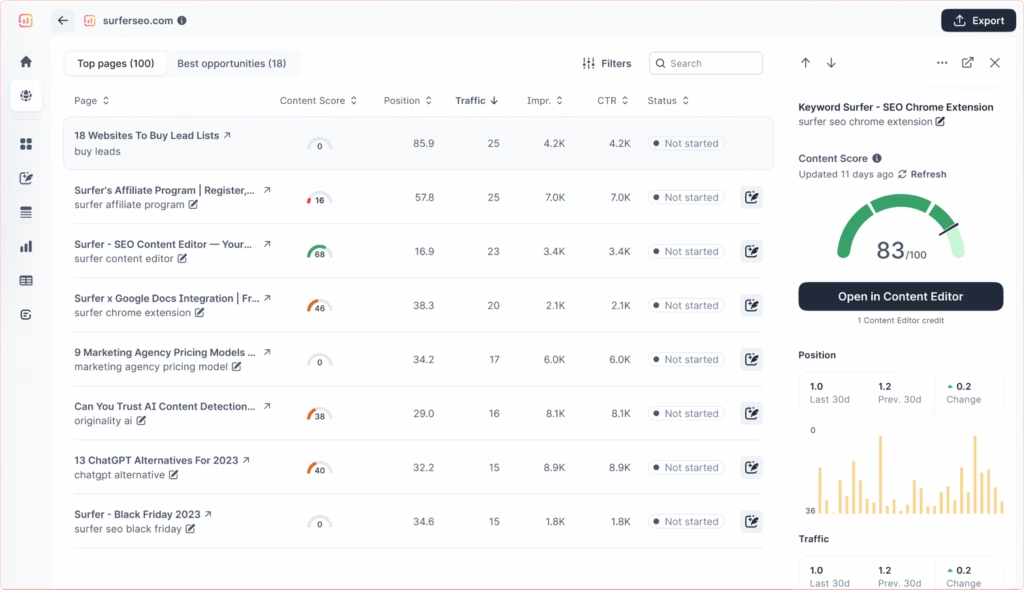
Surfer SEO operates as a cloud-based platform. It functions independently from any specific content management system. It supports integrations with Google Docs and WordPress, allowing seamless movement between the optimization interface and publishing tools.
This flexibility means Surfer fits into workflows across diverse platforms—whether you are using WordPress, Webflow, Shopify, or a custom CMS. The core experience remains consistent because the optimization engine runs entirely online.
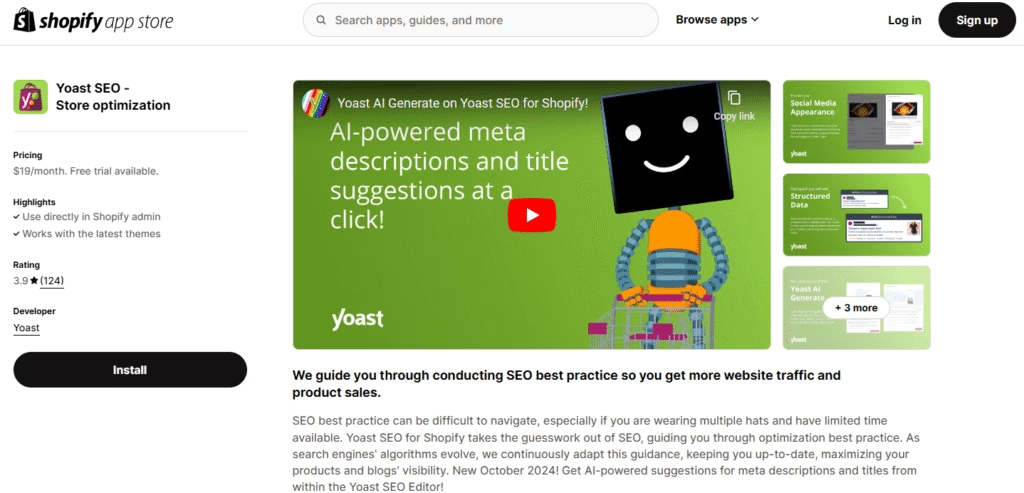
Yoast SEO exclusively functions as a WordPress plugin. Every feature lives directly inside the WordPress dashboard. It tightly integrates with WordPress post types, taxonomies, and URL structures. Its interface and automation depend entirely on WordPress architecture.
This tight integration forms its strength for WordPress users, which streamlines SEO tasks directly where content creation and publishing occur. However, this dependency limits its utility to WordPress-only ecosystems.
Surfer SEO for platform flexibility
It offers superior platform flexibility. Surfer SEO adapts to various content management systems, which makes it a versatile choice for teams managing diverse digital environments and content creation across different tech stacks.
4. Data-Driven and Best Practices
Surfer SEO is intensely data-driven. It analyzes hundreds of on-page factors from the current top-ranking pages for your target keyword. This generates highly specific and dynamic recommendations. Its advice constantly updates based on real-time SERP conditions.
This ensures continuous optimization against what currently works in Google search results. Surfer provides a granular, comparative analysis. It aims for precise alignment with what Google already favors for a given query.
Yoast SEO guides users based on widely accepted SEO best practices and general readability standards. It incorporates keyword usage checks and offers recommendations based on established principles for good web content, such as sentence length, passive voice use, and paragraph structure.
It does not perform the comparative, live SERP analysis that Surfer offers. Yoast ensures content meets fundamental quality and structural requirements, acting as a guide for adherence to established guidelines.
Surfer SEO wins for real-time intelligence
Its direct analysis of top-ranking pages and dynamic, precise recommendations gives content a distinct competitive edge. This moves optimization beyond generalized best practices to highly specific, performance-oriented insights.
5. Technical SEO vs. Content Optimization Focus
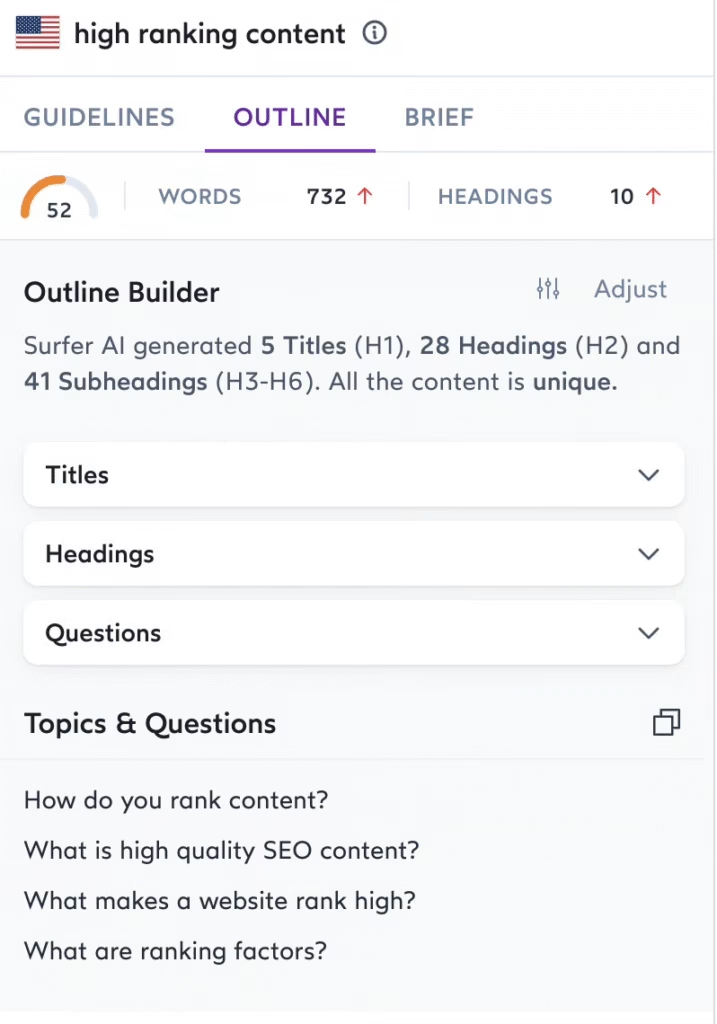
Surfer SEO focuses almost entirely on content optimization. Its tools are designed to help users create content that is semantically rich, well-structured, and comprehensive.
The SERP Analyzer shows competitor technical metrics, but the platform does not manage a technical SEO infrastructure for a website. It does not implement server-side redirects, handle crawl budget optimization, manage robot.txt files, or directly interact with backend code.
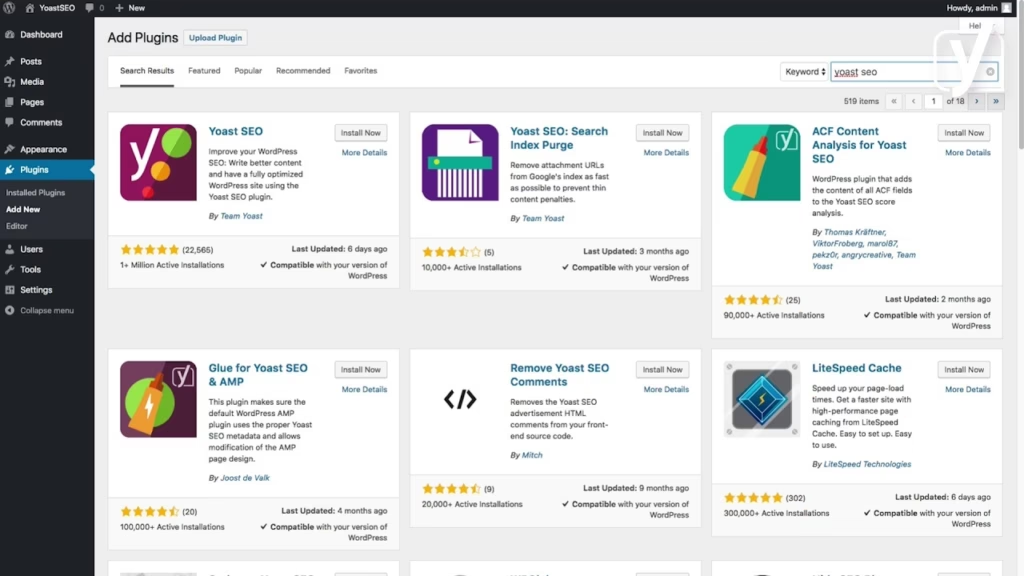
Yoast SEO bears a significant focus on fundamental technical SEO elements within WordPress. It actively manages XML sitemaps, ensuring search engines properly discover a site’s content. In addition, Yoast controls canonical URLs and offers tools for managing robot.txt files.
Yoast facilitates comprehensive schema markup implementation, which enhances how search engines understand a site’s data. These functions prove crucial for ensuring proper search engine crawlability, indexing, and overall site health.
Yoast SEO wins for backend SEO health
It handles the foundational, behind-the-scenes aspects of SEO critical for a site’s overall visibility and health. This forms a core area of expertise that Surfer SEO does not cover.
6. AI Capabilities
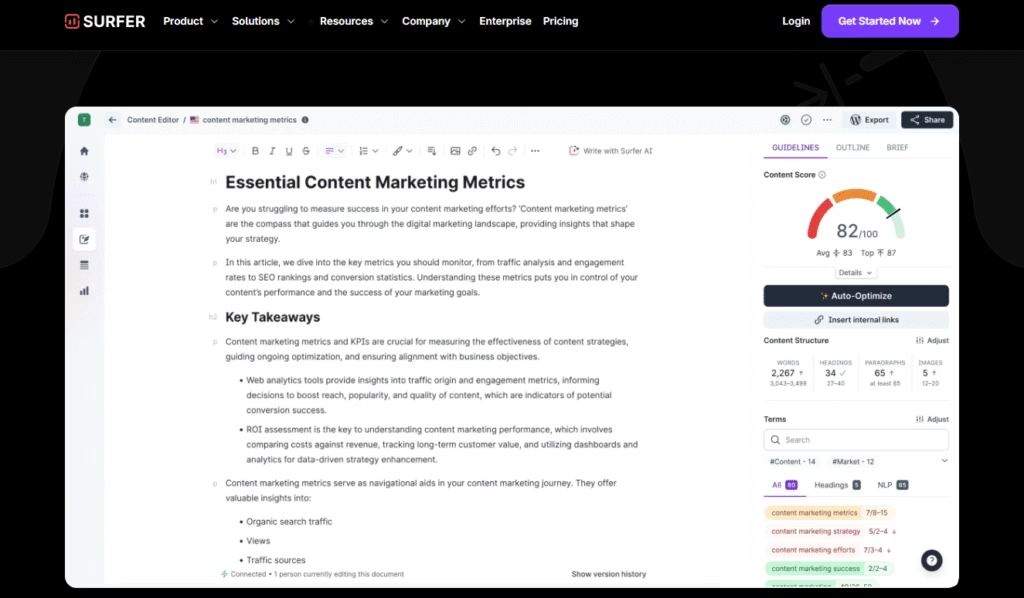
Surfer SEO deploys AI at multiple points in the content lifecycle. Surfer AI generates complete articles guided by the SERP structure. The Humanizer adjusts robotic prose to sound more natural, helping avoid detection and increase engagement. These tools build on live data, which combines automation with competitive precision.
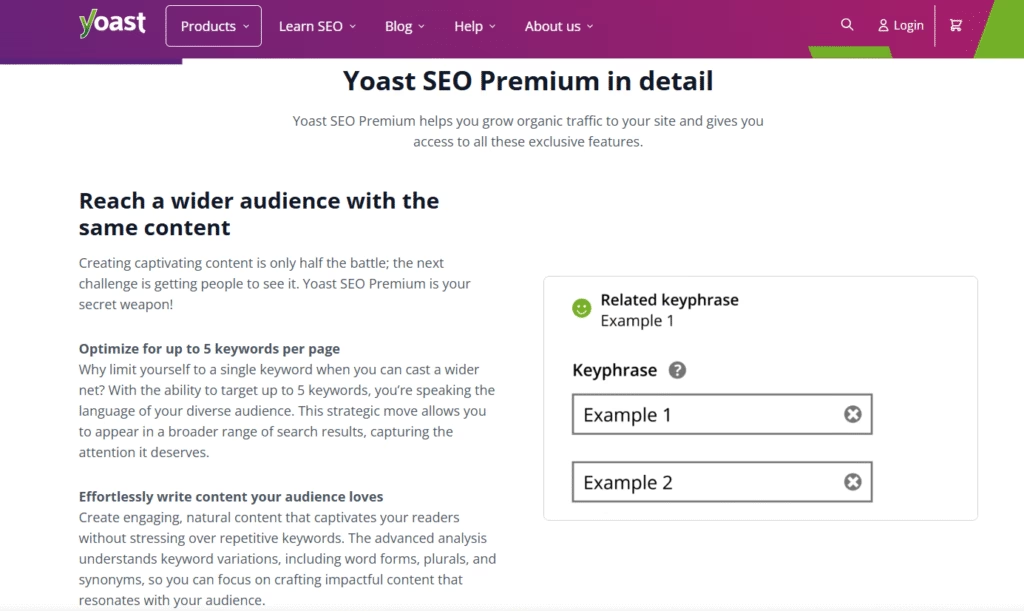
Yoast SEO introduces AI within its premium plugin to speed up title and meta description writing. These features assist content creators, but the AI does not generate full content or provide deep strategic suggestions. The AI layer remains functional, not transformative.
Surfer SEO for multi-layered AI integration
Sufer delivers more advanced AI tools that extend beyond basic suggestions. Its platform generates content, evaluates optimization in real time, and ensures alignment with both SEO and user readability standards.
7. Reporting and Analytics
Surfer SEO reports at the page level. The Content Score and Audit tools quantify alignment with SERP benchmarks. These scores clarify where content falls short and suggest measurable improvements. Surfer does not monitor overall site performance, track keyword positions over time, or display holistic analytics.
Yoast SEO integrates with Google Search Console and Analytics to display keyword performance, crawl errors, and indexed page status. These insights appear directly within the WordPress dashboard, which gives users visibility into site health and performance trends.
Yoast SEO wins for site-wide reporting
Yoast provides more comprehensive, integrated SEO reporting. It unifies keyword, traffic, and crawl data within the familiar WordPress environment.
8. Pricing
Surfer SEO operates on a subscription model. Pricing depends on usage and feature access. The platform includes high-end tools like Surfer AI, Content Planner, and SERP Analyzer, which provide extensive data and optimization power.
Yoast SEO offers a generous freemium tier. It includes essential features like schema, sitemaps, and redirections at no cost. Its Pro and Business plans extend support to keyword tracking, advanced schema options, and multi-site management at a competitive annual price point.
No clear winner
Pricing depends entirely on individual user goals and the type of site in question. Your specific needs and budget should guide this decision.
Eliminating SEO Silos with Search Atlas
Surfer SEO and Yoast SEO solve different problems. One enhances content through data, the other strengthens WordPress from within. Both provide strong value, but each introduces fragmentation. Relying on separate tools increases complexity, reduces speed, and often limits visibility across the SEO lifecycle. This is where Search Atlas steps in.
Search Atlas delivers a single platform that merges content intelligence, technical SEO, keyword strategy, and authority building into one environment. Its tools aim to remove friction from SEO execution, giving users one system to research, write, optimize, audit, and report—without switching between interfaces.
Content Marketing
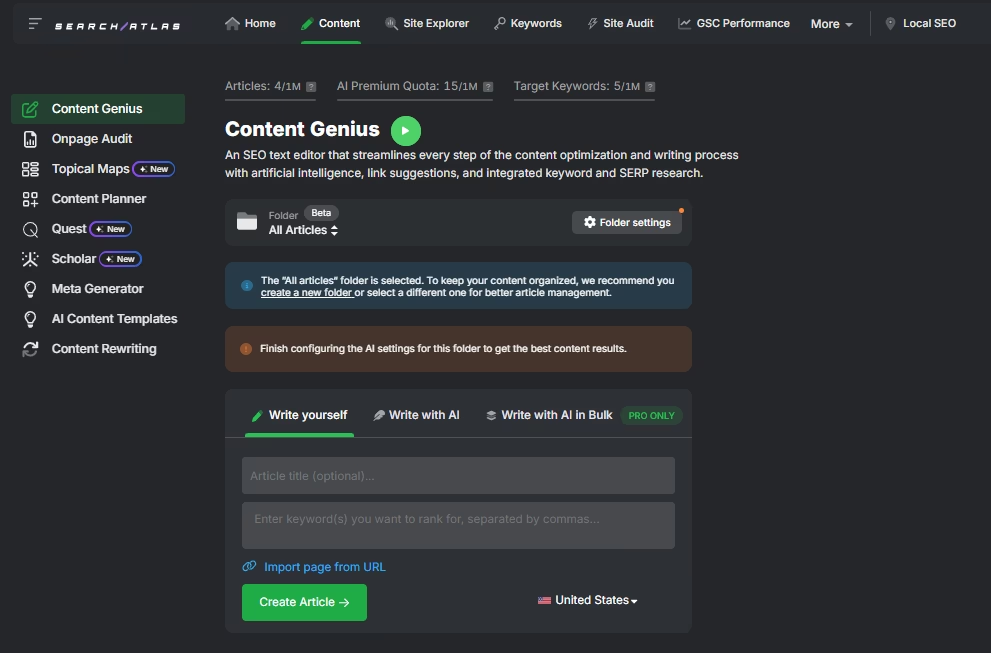
Surfer SEO provides deep analytical guidance for content. Yoast offers in-editor assistance. Search Atlas seeks to integrate the entire content lifecycle.
It builds to automate more of the content strategy and creation process. It provides tools that span from initial topic discovery to finalized, optimized drafts.
- AI-Driven Content Generation. Search Atlas moves beyond mere suggestions. It offers capabilities to generate comprehensive article outlines and complete drafts.
- Topical Authority Plan. It assists with visual plans and builds entire content clusters. This ensures comprehensive subject coverage.
- Live Optimization Feedback. Similar to Surfer, it provides real-time insights as you write. It guides authors on optimal structure, keyword integration, and content depth. This aligns content with search intent.
Technical SEO
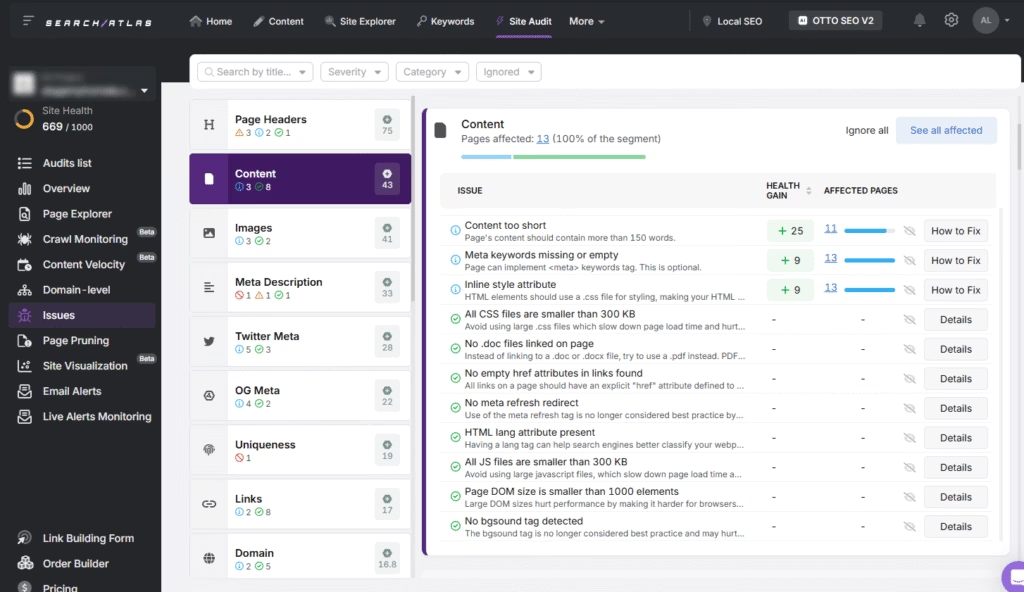
Yoast SEO manages technical SEO within WordPress. Surfer analyzes it externally. Search Atlas emphasizes a more automated and proactive approach to site health. Its integrated technical SEO features continuously monitor and address potential issues across your website.
- Automated Site Audit. The platform continuously scans your website. It detects and flags technical SEO issues. It often provides actionable recommendations for resolution.
- Schema Markup Implementation. It applies structured data in a streamlined way. This enhances how search engines understand your content.
- Performance Metrics Check. Tools track crucial metrics like Core Web Vitals and crawl efficiency. This ensures your site remains fast and accessible to search engines.
On-Page and Off-Page SEO
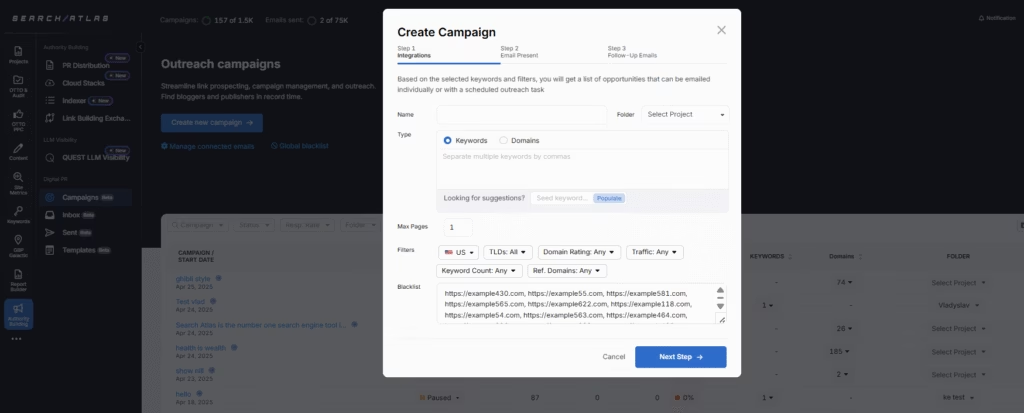
Beyond the core functions of content and technical SEO, Search Atlas endeavors to provide robust tools for broader SEO strategy. This includes in-depth keyword analysis and comprehensive link acquisition initiatives.
- Expansive Keyword Research. Tools identify high-potential keywords. They analyze search intent. They uncover opportunities through competitor gap analysis.
- Integrated Link Building Features. Features support the entire link acquisition process. They identify relevant prospects and analyze backlink profiles. They manage outreach campaigns and track results.
- Competitor Insights. A detailed analysis covers competitor strategies. This encompasses organic traffic, keyword rankings, and backlink profiles. It informs your own tactical decisions.
Pricing
Search Atlas offers tiered subscriptions based on feature access and usage limits.
| Starter plan | Growth plan | Pro plan | |
|---|---|---|---|
| Price | $99/month | $199/month | $399/month |
| Free OTTO activation | 1 | 2 | 4 |
| User seats | 2 | 3 | 5 |
| GSC Site Projects | 5 | 15 | Unlimited |
| Content Assistant Keywords | 120 | 300 | 600 |
| On-Page In-Depth Audits | 40 | 100 | 200 |
| Content Plans | 40 | 100 | 200 |
| Pages / Articles Created | 40 | 100 | 200 |
| Full Article Generation Quota | 30 | 60 | 90 |
| Regular AI Quota | 100 | 250 | 99,999 |
| Site Auditor Projects | 5 | 10 | 100 |
| Keyword Rank Tracking Projects | 20 | 50 | 1,000 |
| Keyword Research Lookups | 500 | 2,000 | 5,000 |
| Competitor Research Credit | 2,000 | 20,000 | 50,000 |
Search Atlas as the Complete SEO Operating System
Surfer SEO and Yoast SEO cover two essential SEO functions. Surfer drives data-based content optimization. Yoast manages technical and on-page SEO inside WordPress. Together, they address content performance and site structure, but operate as separate systems.
Relying on disconnected tools increases friction. Teams lose time switching between platforms, tracking data in silos, and maintaining redundant processes. These gaps slow down production and weaken visibility at scale.
Search Atlas replaces fragmentation with a single SEO environment. The platform handles keyword research, AI-driven content creation, technical audits, schema markup, link building, and performance tracking. All tools operate within one interface, streamlining execution and aligning teams under one strategy.
Start your free trial of Search Atlas today and experience a unified SEO platform built to streamline workflows, accelerate rankings, and scale results.


